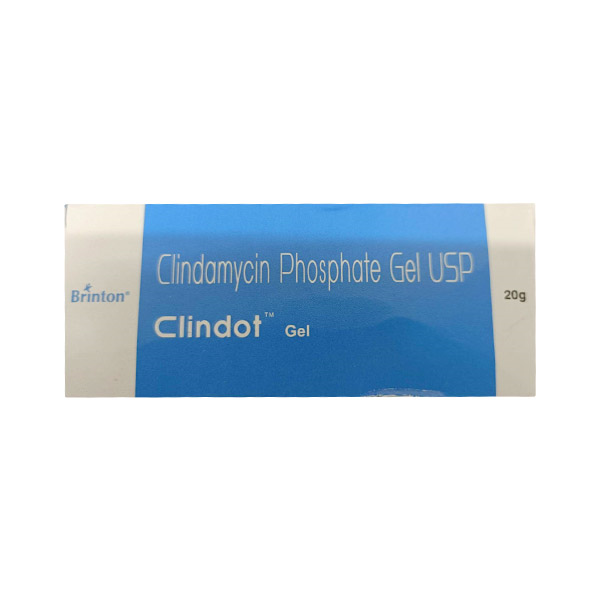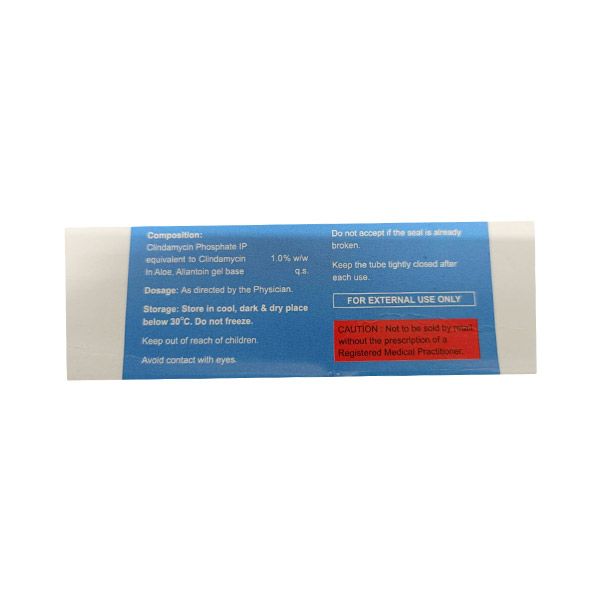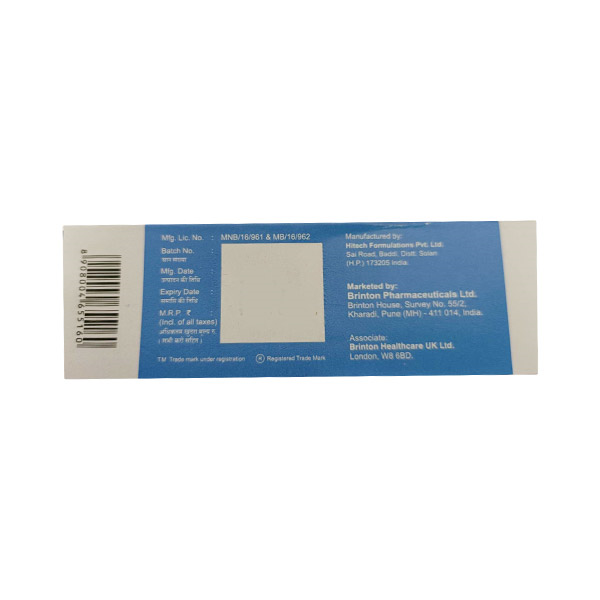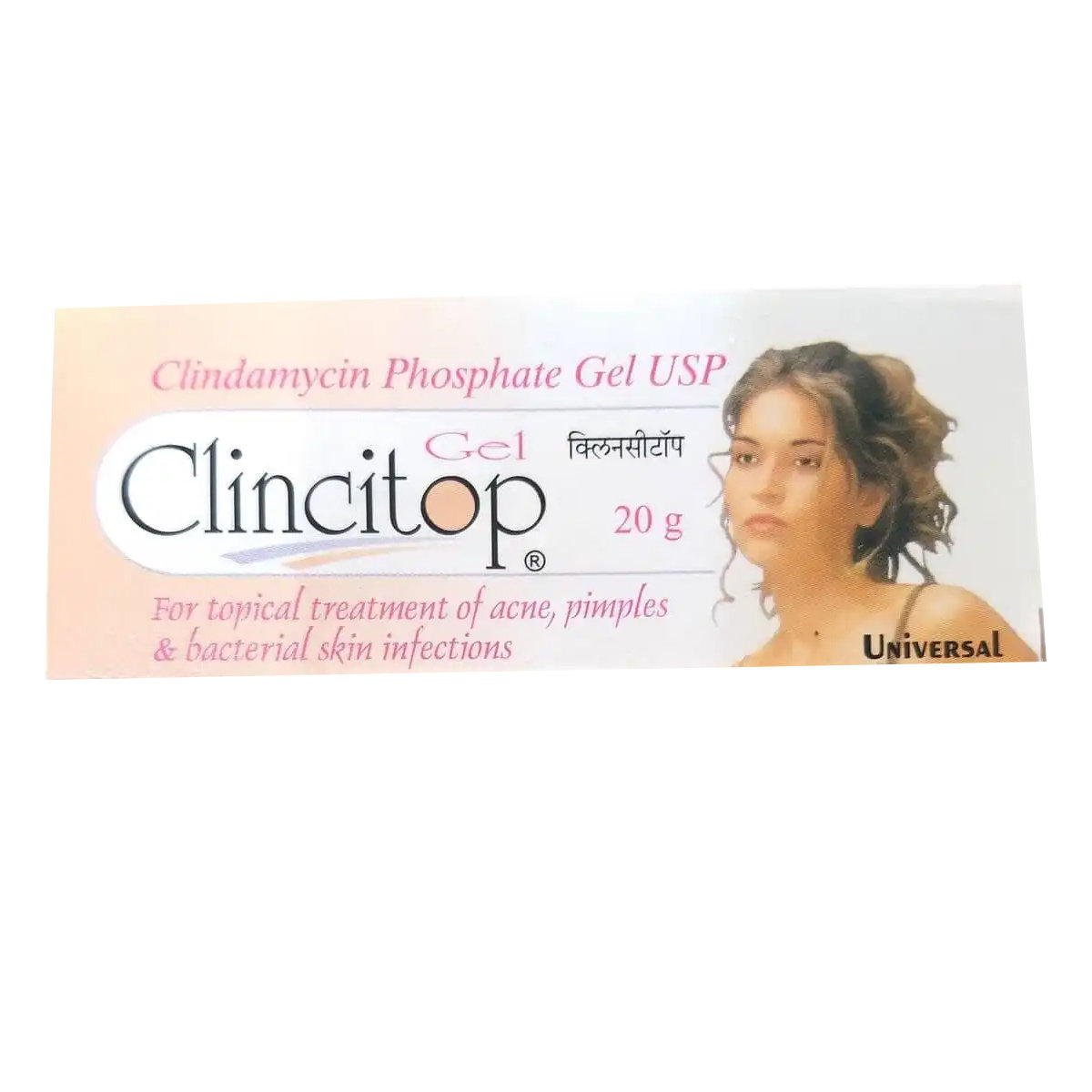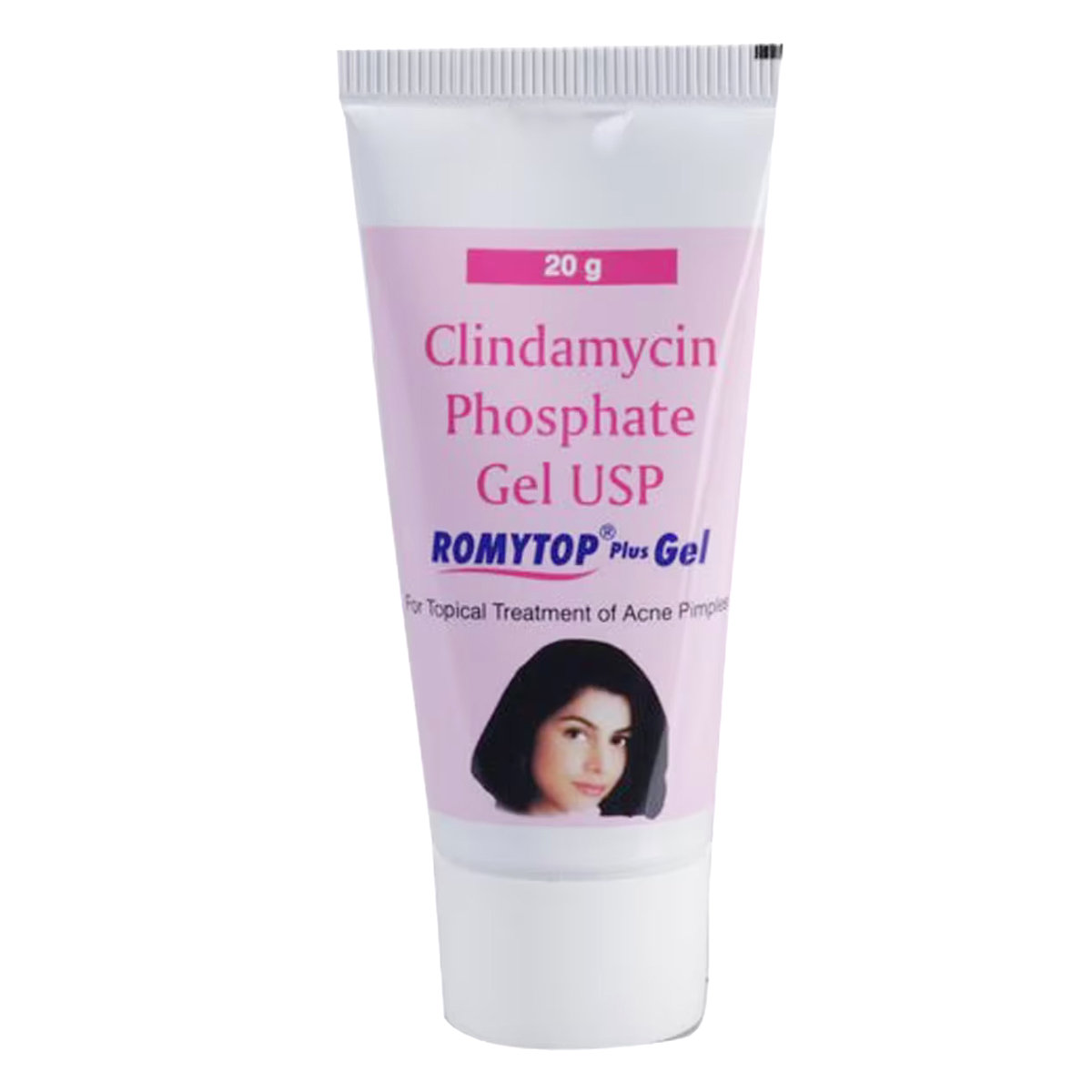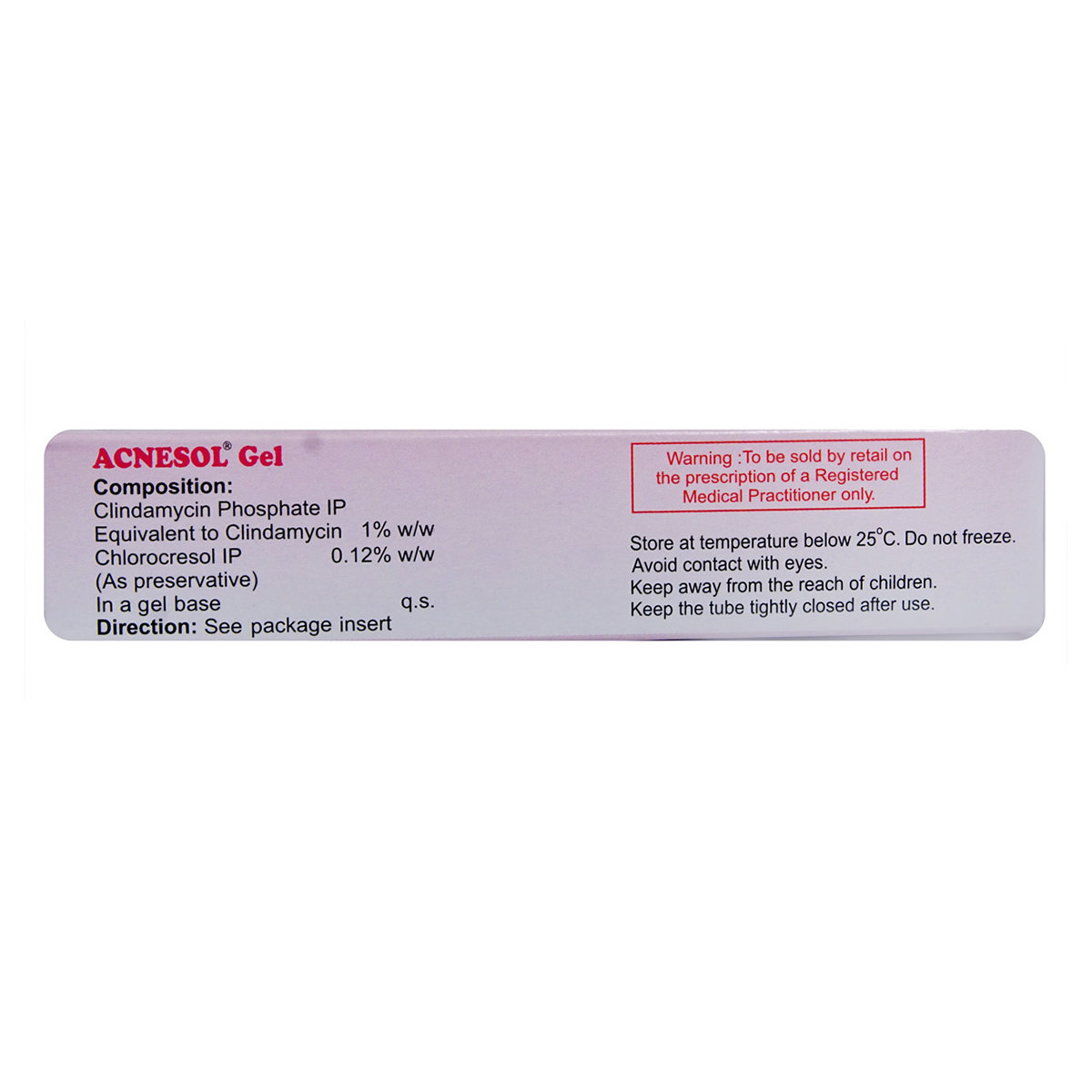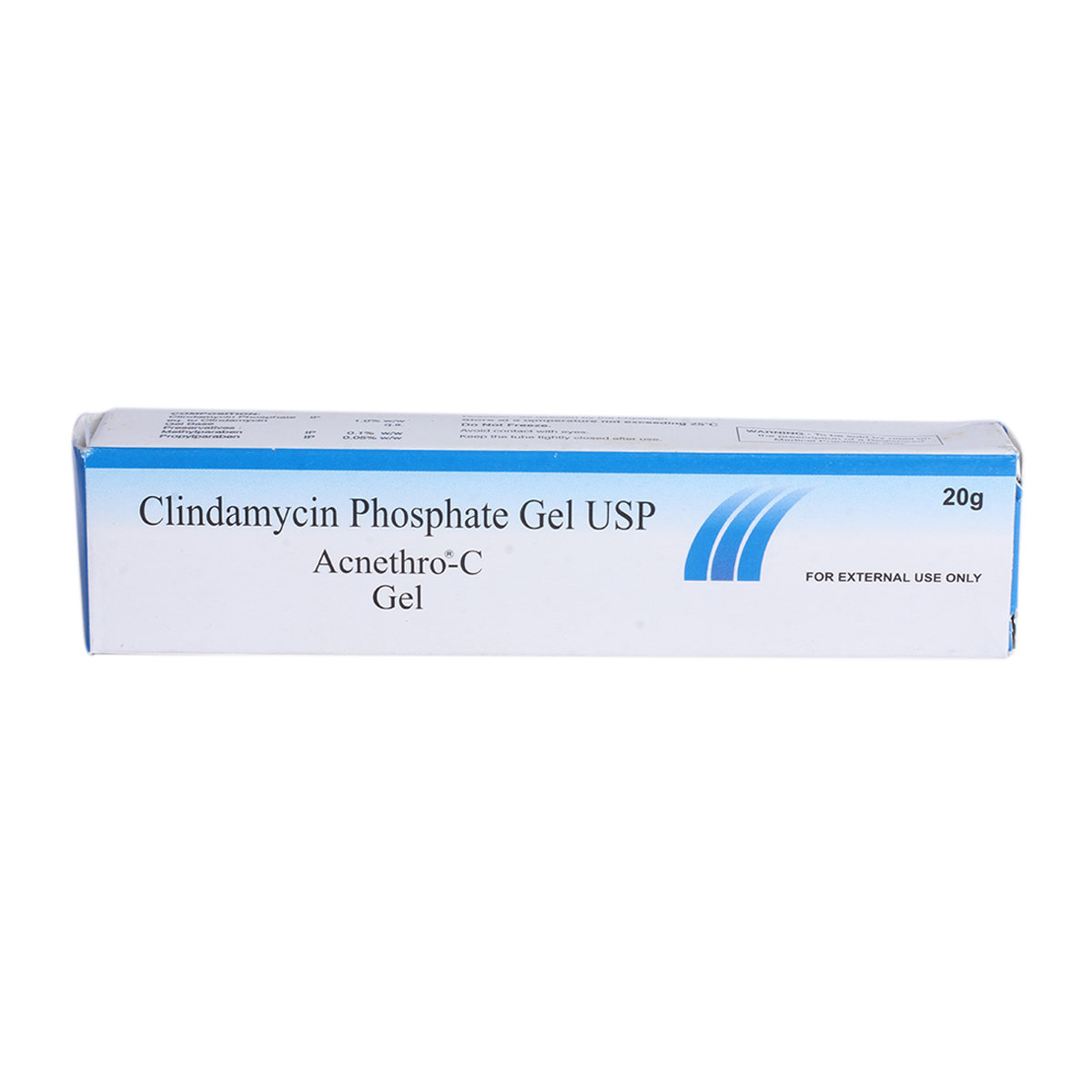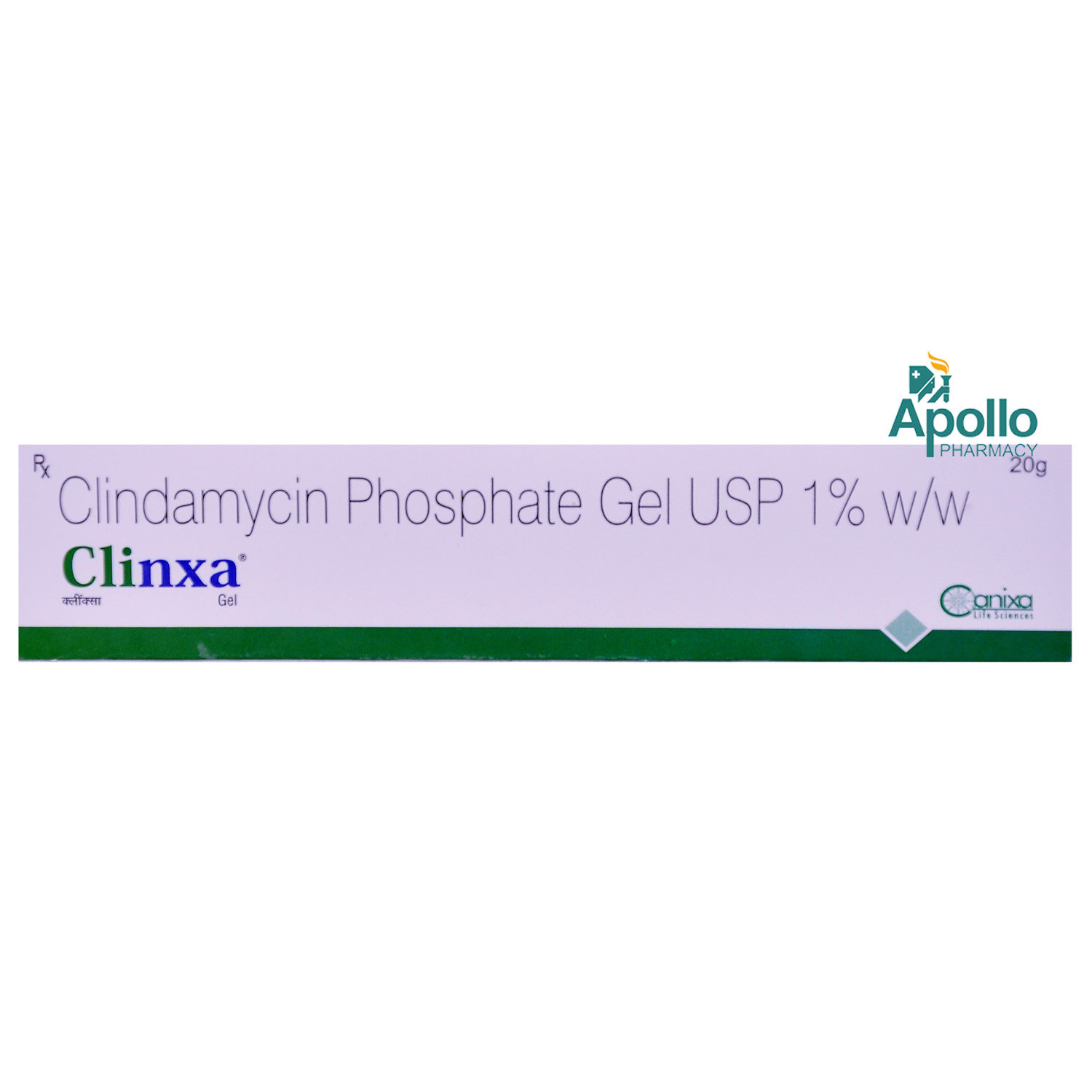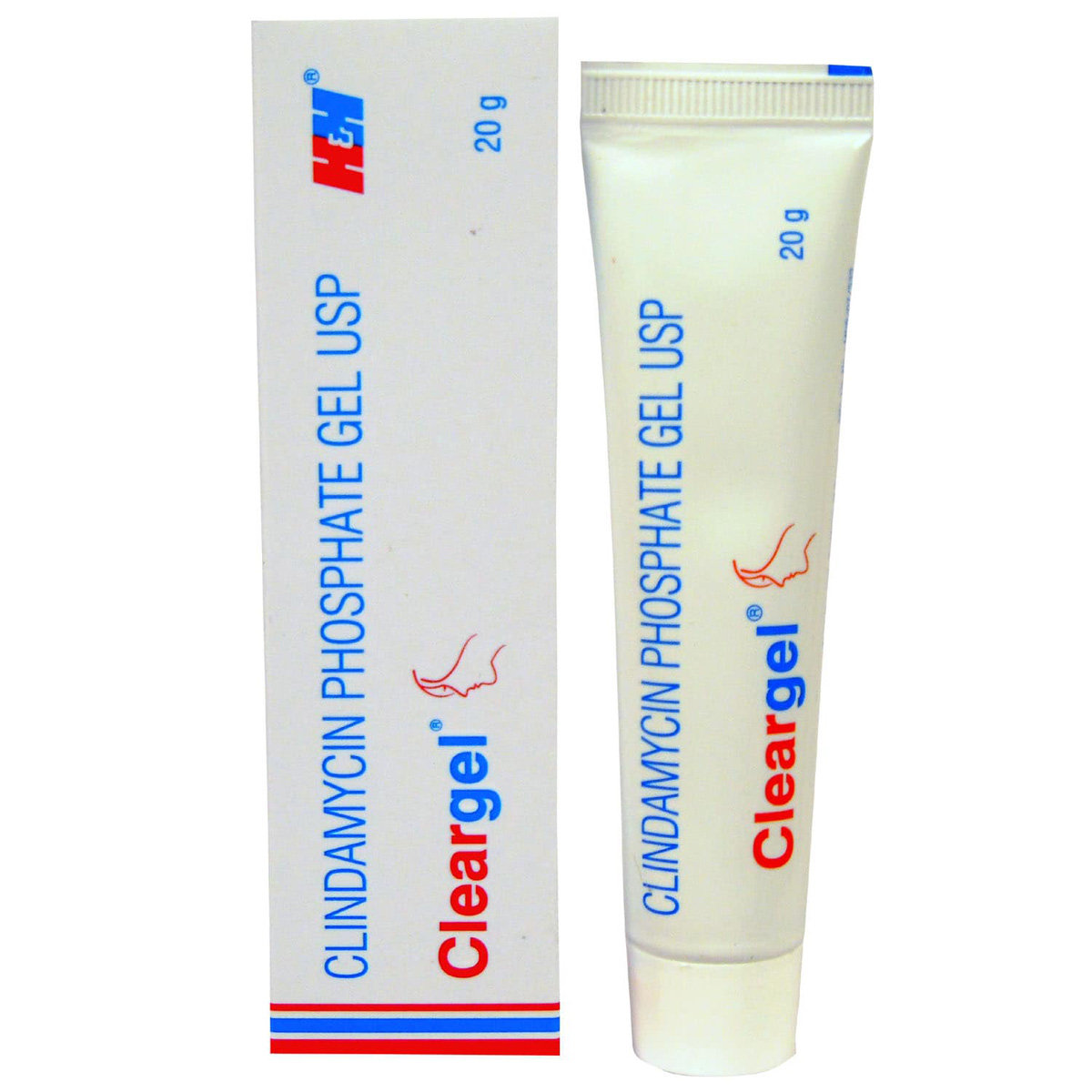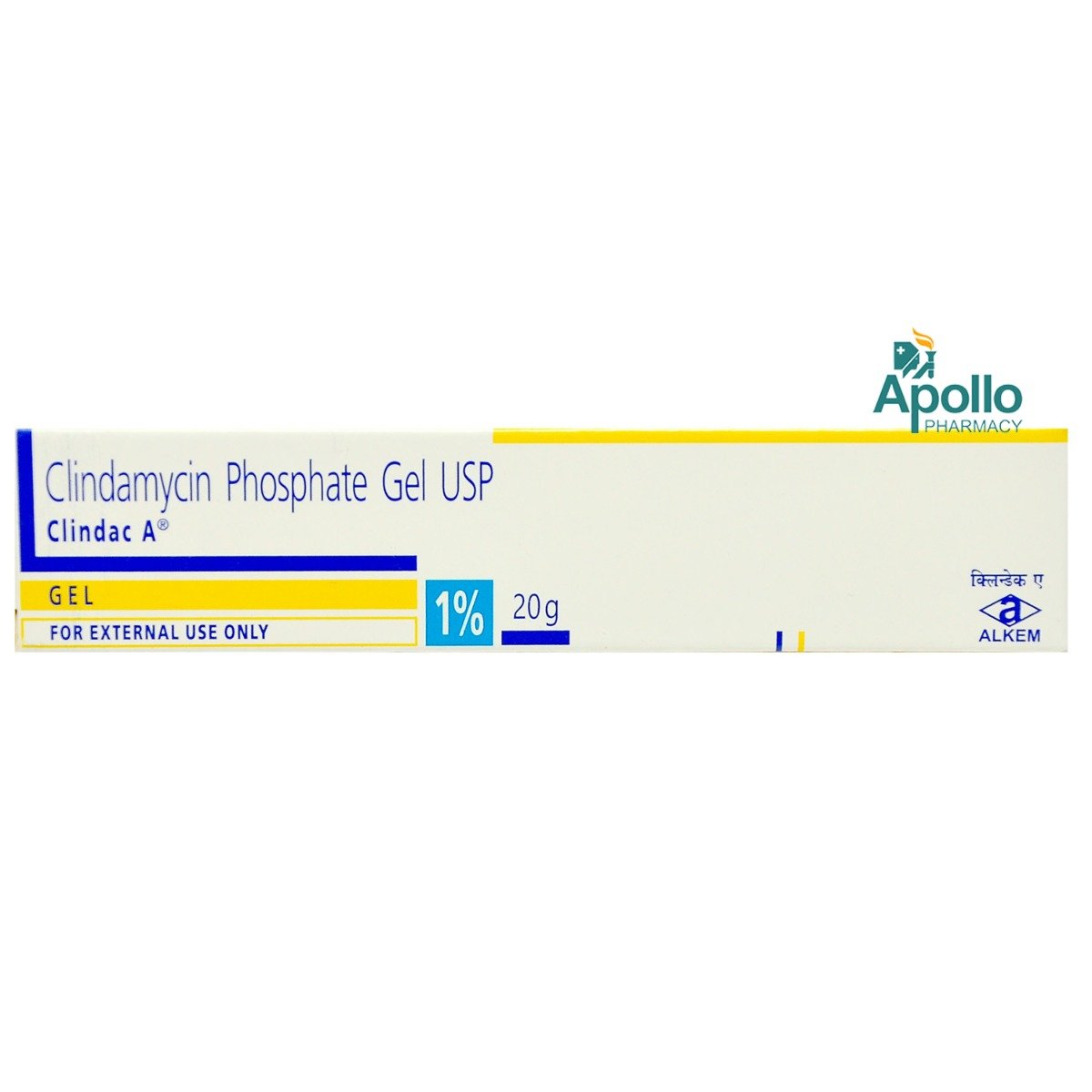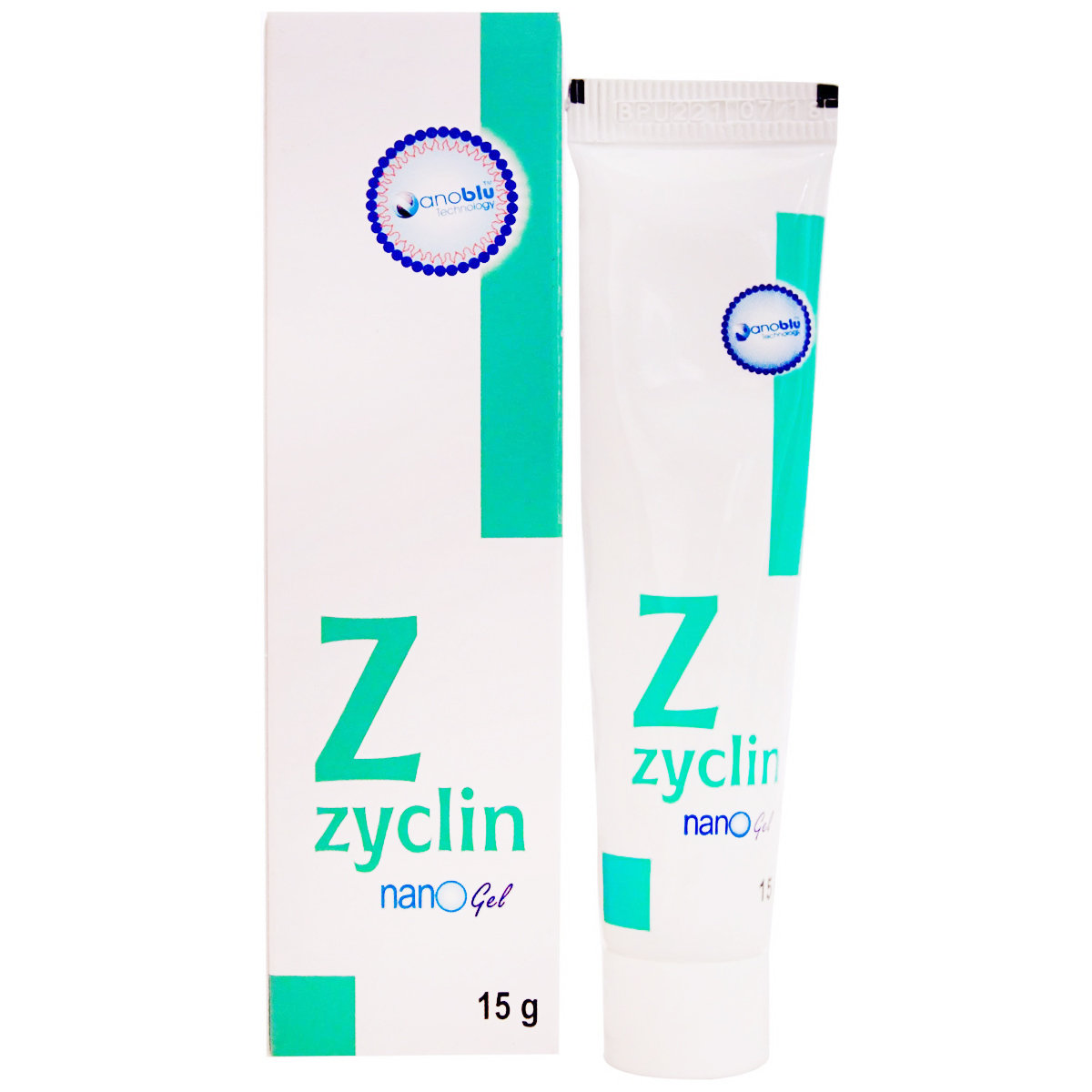Clindot Gel 20 gm
MRP ₹220
(Inclusive of all Taxes)
₹33.0 Cashback (15%)
Provide Delivery Location
Online payment accepted
 Prescription drug
Prescription drugWhats That
Composition :
Manufacturer/Marketer :
Consume Type :
Expires on or after :
Return Policy :
About Clindot Gel
Clindot Gel belongs to the class of medication called 'antibiotics' primarily used to treat acne (pimples). Acne is a skin condition caused when the hair follicles are plugged with oil and dead skin cells. Symptoms include blackheads, pus-filled pimples, and large/red bumps.
Clindot Gel contains 'Clindamycin' that works by inhibiting bacterial protein synthesis, which stops bacterial growth. It shows a bacteriostatic effect, which prevents the multiplication of bacteria.
Clindot Gel is for external (for skin) use only. Avoid contact with eyes, eyelids, lips, and mouth. Like all medicines, Clindot Gel also causes side effects, although not everybody gets them. Common side effects of Clindot Gel include burning sensation, itching, dryness, redness, oily skin, and peeling of the skin. Most of these side effects do not require medical attention and gradually resolve over time. If these side effects persist longer, please consult your doctor.
Please tell your doctor if you are allergic to any of the components in Clindot Gel. Let your doctor know if you have a history of eczema, dermatitis (inflammation of the skin), inflammatory bowel disease or antibiotic-associated colitis (inflammation of the colon). Do not use Clindot Gel on sunburnt, dry, or irritated skin. Let your doctor know if you are pregnant, planning to conceive, or a breastfeeding mother before using Clindot Gel. Clindot Gel is not recommended for children below 12 years of age.
Uses of Clindot Gel
Directions for Use
Key Benefits
Clindot Gel is an antibiotic that treats acne (pimples). It contains Clindamycin which works by inhibiting bacterial protein synthesis, which inhibits bacterial growth. It shows a bacteriostatic effect, which stops bacterial reproduction but doesn't kill them.
Storage
Drug Warnings
Do not use Clindot Gel if you are allergic to any of its components. Let your doctor know if you have any liver disease, kidney disease, gastrointestinal diseases (colitis, an inflammation of the colon), and allergic conditions (asthma, hay fever, eczema, and dermatitis). Please limit the use of products that contain large amounts of alcohol (astringents, shaving creams or after-shave lotions), hair removal products, and products containing lime or spices while using Clindot Gel. Do not apply Clindot Gel on mucous membranes, lesions, and large areas of skin. Pregnant and breastfeeding women should consult their doctor before using Clindot Gel. Clindot Gel is not recommended in children below 12 years of age.
Drug-Drug Interactions
Drug-Drug Interactions
Login/Sign Up
Drug-Food Interactions
Drug-Food Interactions
Login/Sign Up
Diet & Lifestyle Advise
- Avoid harsh products on your skin.
- Do not share cosmetic products, face towels, and bathing bars.
- Manage stress, eat healthily, drink plenty of water, exercise regularly, and get plenty of sleep.
- Avoid or limit the intake of alcohol and caffeine.
- Rinse your face with water several times a day to avoid breakouts.
- Do not scratch or pick your skin to avoid infecting the affected area.
- Hydration is important in managing acne; hence drink 3-4 litres of water daily to eliminate toxins from the body.
- Include anti-inflammatory foods in your diet.
Side Effects of Clindot Gel
- Burning sensation
- Itching
- Dryness
- Redness
- Oily skin
- Peeling of the skin
Habit Forming
Therapeutic Class
All Substitutes & Brand Comparisons
RX
Clincitop Gel 20 gm
Universal Twin Labs
₹57
(₹2.57/ 1gm)
74% CHEAPERRX
Romytop Plus Gel 20 gm
Kremoint Pharma Pvt Ltd
₹70
(₹3.15/ 1gm)
68% CHEAPERRX
Clincure Gel 20 gm
Lyra Laboratories Pvt Ltd
₹107.5
(₹4.84/ 1gm)
51% CHEAPER
Author Details
We provide you with authentic, trustworthy and relevant information
Drug-Diseases Interactions
Drug-Diseases Interactions
Login/Sign Up
Almost all antibacterial medications have been associated with reports of Clostridioides difficile-associated diarrhoea (CDAD), formerly known as pseudomembranous colitis. It can vary from mild diarrhoea to deadly colitis.
How to manage the interaction:
Clostridioides difficile-associated diarrhea (CDAD) ranging from mild diarrhoea to colitis has been reported during treatment with antibacterial agents. Therapy should be administered cautiously in patients with history of gastrointestinal disease, particularly colitis and pseudomembranous colitis. Appropriate fluid and electrolyte management, protein supplementation, and antibacterial treatment of C difficile is advised.
Benzyl alcohol is frequently used as a preservative in the formulation of multidose vials for parenteral medicines. Manufacturers of pharmaceuticals believe that using them in neonates, especially preterm and underweight newborns, is contraindicated. In low birth weight preterm newborns, the use of benzyl alcohol in bacteriostatic saline intravascular flush and endotracheal tube lavage solutions has been linked to mortality and serious respiratory and metabolic problems.
How to manage the interaction:
Parenteral medications containing benzyl alcohol as a preservative are contraindicated in neonates, particularly premature infants and infants of low birth weight.
The liver is the primary site of Clindot Gel 20 gm metabolism. Patients with significantly impaired hepatic function may have a rise in the blood concentration of Clindot Gel 20 gm and a prolongation of the half-life. Additionally, the drug's usage may result in abnormal liver enzyme levels and jaundice. Patients with liver problems should receive Clindot Gel 20 gm therapy with caution. When given every 8 hours, dosage modifications might not be required. However, with high-dose therapy, serum concentrations should be observed, and during prolonged therapy, regular liver function tests should be carried out.
How to manage the interaction:
Clindot Gel 20 gm is primarily metabolized by the liver. Therapy with Clindot Gel 20 gm should be administered cautiously in patients with liver disease. Serum concentrations should be monitored during high-dose therapy, and periodic liver function tests should be performed during prolonged therapy.
Clindot Gel 20 gm is partially removed by the kidney. Clindot Gel 20 gm should be used with caution in individuals with significantly impaired renal function. Dosage changes are probably to be required. Serum Clindot Gel 20 gm concentrations should be monitored throughout high-dose therapy, and renal function tests should be conducted on a regular basis during extended medication.
How to manage the interaction:
Therapy with Clindot Gel 20 gm should be administered cautiously in patients with severely impaired renal function. Serum Clindot Gel 20 gm concentrations should be monitored during high-dose therapy, and periodic renal function tests should be performed during prolonged therapy.
Clindot Gel 20 gm is partially removed by the kidney. Clindot Gel 20 gm should be used with caution in individuals with significantly impaired renal function. Dosage changes are probably to be required. Serum Clindot Gel 20 gm concentrations should be monitored throughout high-dose therapy, and renal function tests should be conducted on a regular basis during extended medication.
How to manage the interaction:
Therapy with Clindot Gel 20 gm should be administered cautiously in patients with severely impaired renal function. Serum Clindot Gel 20 gm concentrations should be monitored during high-dose therapy, and periodic renal function tests should be performed during prolonged therapy.
FAQs
Drug-Drug Interactions Checker List
- ERYTHROMYCIN
- WARFARIN
- ATRACURIUM
- VECURONIUM
Special Advise
- Consult your dermatologist if you do not notice any improvement after 4-6 weeks of treatment with Clindot Gel.
- Foam products are flammable; keep them away from flames and extreme heat. Do not puncture or incinerate the foam canister.
- If the acne doesn't improve, ultrasound scanning of the abdomen is advised to check if there is any possibility of PCOD (Polycystic Ovarian Disease).
Disease/Condition Glossary
Acne: It is a skin condition caused when the hair follicles are plugged with oil and dead skin cells. Whiteheads, blackheads, pimples, cysts, and nodules are all types of acne. It commonly occurs in teenagers though all age groups are affected. Symptoms include blackheads, pus-filled pimples, and large/red bumps. Break-outs can happen on the face, neck, back, shoulders, and chest. The risk factors for acne are hormonal changes, polycystic ovarian syndrome (PCOS), poor sleep, stress, smoking, dermatological and cosmetic products with high oil content, and genetic conditions. Treatment involves antibiotics, retinoids, and topical products with diet and lifestyle changes.

Have a query?
Alcohol
Safe if prescribed
No interactions were found/established. Please consult your doctor if you have any concerns.
Pregnancy
Consult your doctor
Please consult your doctor before using Clindot Gel if you are pregnant or planning to conceive.
Breast Feeding
Consult your doctor
Please consult your doctor before using Clindot Gel if you are breastfeeding. If you need to apply the cream, gel or lotion on your breasts, don't do this shortly before giving a feed.
Driving
Safe if prescribed
Clindot Gel has no or negligible influence on the ability to drive or use machines.
Liver
Consult your doctor
Let your doctor know if you have any history of liver diseases before using Clindot Gel.
Kidney
Consult your doctor
Let your doctor know if you have any history of kidney diseases before using Clindot Gel.
Children
Safe if prescribed
Clindot Gel is not recommended in children below 12 years of age.

